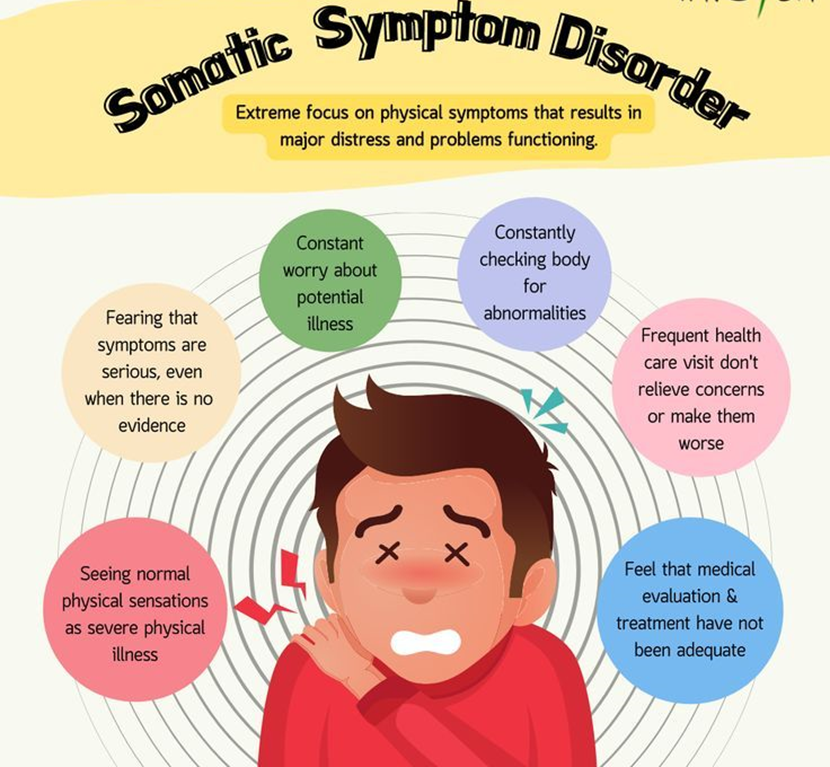A client and their spouse come to talk with the nurse about their suspicion that the client may have intermittent explosive disorder after researching it on the internet. Which behaviors reported by the spouse indicate that the client may be experiencing this disorder? (Select all that apply.)
The explosive episode does not provide a feeling of relief in the client.
The spouse states that the client is mild-mannered and kind unless this occurs.
After having an explosive anger episode, the client was embarrassed and apologetic.
The client punched a hole in the wall and broke furniture during an episode.
The spouse states that the anger arises from something that is not even a big issue.
Correct Answer : B,D,E
Choice A reason: Not feeling relief after an explosive episode can indicate that the behavior is not a controlled release of tension, which is characteristic of intermittent explosive disorder.
Choice B reason: Being mild-mannered and kind does not necessarily indicate intermittent explosive disorder; this behavior could be part of a normal range of personality traits.
Choice C reason: Feeling embarrassed and apologetic after an episode is common in intermittent explosive disorder, as individuals often regret their actions.
Choice D reason: Physical aggression, such as punching walls and breaking furniture, is a key indicator of intermittent explosive disorder.
Choice E reason: Anger that is disproportionate to the situation, especially over minor issues, is a hallmark of intermittent explosive disorder.
Nursing Test Bank
Naxlex Comprehensive Predictor Exams
Related Questions
Correct Answer is C
Explanation
Choice A reason: Continuing intoxication typically does not cause GI symptoms.
Choice B reason: Delirium tremens is associated with severe alcohol withdrawal but is not directly correlated with GI symptoms.
Choice C reason: Alcohol withdrawal syndrome can cause a variety of symptoms, including GI issues, but they are not as specific as those seen in Wernicke-Korsakoff syndrome.
Choice D reason: Wernicke-Korsakoff syndrome, caused by a deficiency of thiamine (vitamin B1), can lead to GI symptoms among other neurological symptoms.
Correct Answer is ["A","B","C","E"]
Explanation
Choice A reason: Demonstrating alternative ways to deal with stress and anxiety is a measurable outcome, as the client can be observed utilizing different coping strategies in response to stressors.
Choice B reason: The ability to verbally express emotional feelings is an important therapeutic goal for clients with somatic symptom disorder, as it can help them articulate emotions rather than expressing them through physical symptoms.

Choice C reason: Identifying the relationship between stress and physical symptoms is a key component of managing somatic symptom disorder, as it helps the client understand how psychological factors can manifest physically.
Choice D reason: Learning to vary their schedule can help the client avoid routines that may contribute to stress, providing a sense of control and flexibility.
Choice E reason: Assuming responsibility for self-care activities is a significant step towards empowerment and self-management, which is essential for long-term treatment success.
Whether you are a student looking to ace your exams or a practicing nurse seeking to enhance your expertise , our nursing education contents will empower you with the confidence and competence to make a difference in the lives of patients and become a respected leader in the healthcare field.
Visit Naxlex, invest in your future and unlock endless possibilities with our unparalleled nursing education contents today
Report Wrong Answer on the Current Question
Do you disagree with the answer? If yes, what is your expected answer? Explain.
Kindly be descriptive with the issue you are facing.
